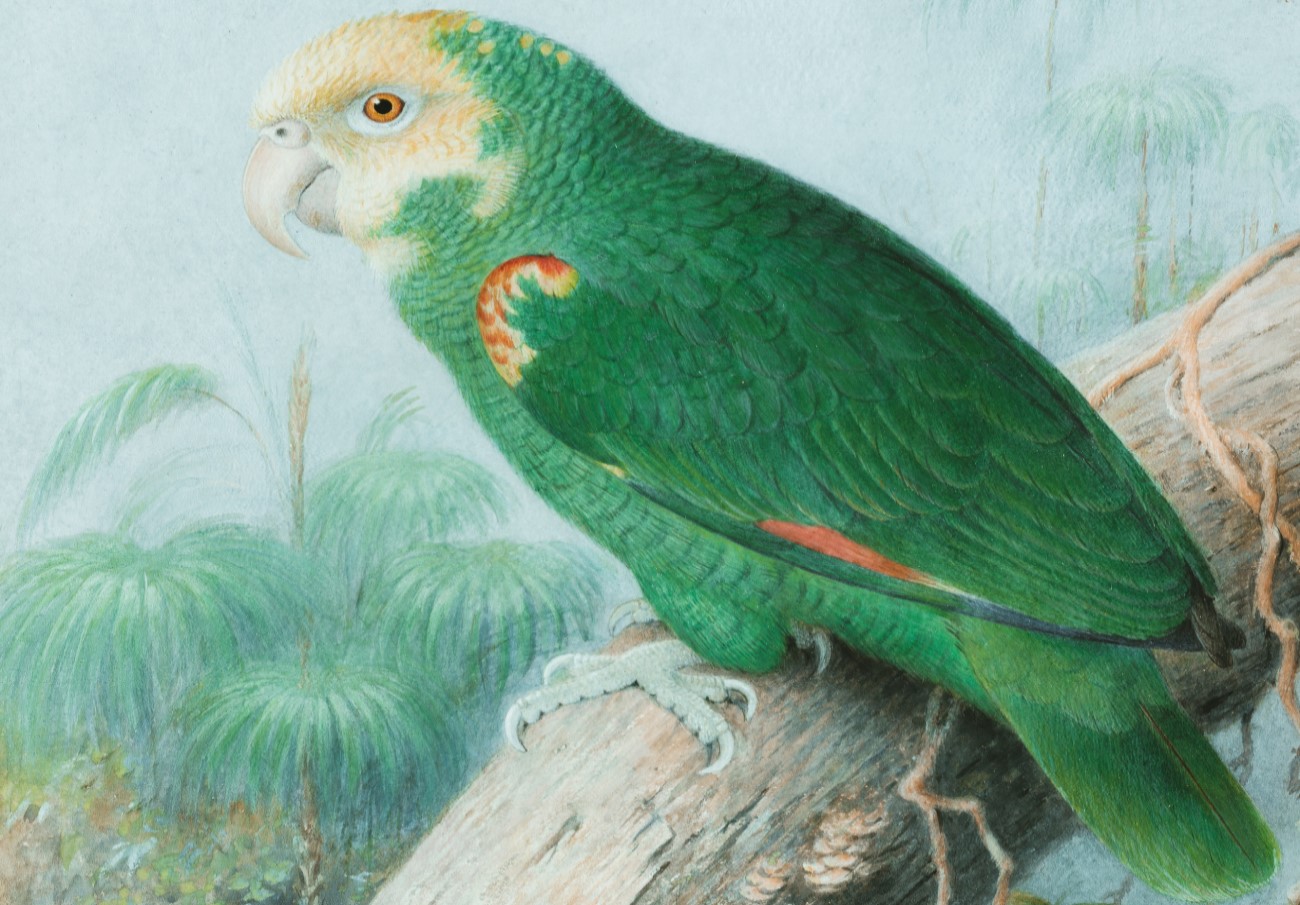JavaScript seems to be disabled in your browser. For the best experience on our site, be sure to turn on Javascript in your browser.
Your Quaker Parrots Health

So you just brought home a Quaker parrot and you have a lot of questions about it. This article will try to answer some of them, including some common problems that you may encounter caring for your Quaker parrot. Some of these problems include and are not limited to feather plucking, biting, boredom, noise, etc. It is good you also identify severe illness, and how to perch train your pet so you can develop a good relationship. The tips below will help keep your parrot healthy and happy.
Before we proceed with the tips, check out our latest addition of Air Purifiers & Humidifiers, vitamins and supplements, Health Blocks, Health Accessories & Sprays for your pet's well-being.
Quaker Parrot Biting
This is most often the reason for a person to regime their pet bird. It is a behavior that needs to be addressed immediately. Some the of the most common reasons why your quaker bit is:
- To express its dominance over you.
- To defend its territory.
- It is frightened by very rapid movements by you or something near you that frightens it.
- Hormonal behavior
Quaker Parrot Noise
Parrots use vocalization to communicate. Your Quaker parrot will communicate with you just as it does with its flocks in the wild. It however becomes a problem when your pet becomes excessively loud or screams.
Some solutions to this include;
- Create a separate area like a play gym your pet can play on. We also have a portable perch you could get here
- Provide your pet toys to interact with and maintain a revitalizing atmosphere to help with its boredom.
- When your Parrot is loud, walk away; when quiet for even 5-10 seconds, come back and greet your pet. This is positive reinforcement
- Do not hit its cage, throw things at it, scream, or yell at your pet. Be calm and gentle toward your feathered friend.
- Spending time with your pet will alleviate a lot of behaviors
Feather Plucking in Quaker Parrots
Feather preening is expected in a Quaker parrot; it keeps your bird looking healthy. However, excessive pulling can be a sign of something much more serious. You know your bird is doing this through bald spots on its chest area. Nonetheless, it can be anywhere on the bird. Doing this repeatedly can leave areas bleeding or result in tissue injury.
Feather plucking may be very hard to stop in a bird, but you can know why your pet is doing this with thorough observation and monitoring.
Your Quaker will pluck its feathers because;
- It is bored
- It is afraid
- It is Ill
- It has been sleep-deprived
- It is experiencing discomfort as a result of parasite and pest infestation
- It lacks an appropriate diet
- Another bird is sharing its space
- Loud noise
Fatty Liver Disease In Quaker Parrots
Your pet's diet should be of utmost importance, and because of its rapid metabolic rate - your Quakers develop malnutrition quickly. The results can often be devastating; this is why a Parrot needs a balanced diet that would include fresh fruits, vegetables, pellets, and supplemental seeds.
Your Quaker can rapidly become a "seed junkie" and pick only one seed it likes to eat. Most Quakers often love the sunflower seed with its high-fat content.
When a bird's diet is far too high in fat, the fat will go through the bloodstream, developing into fat deposits and making the bird appear obese. In time, fat deposits in the liver will inhibit the function of the liver and result in fatty liver disease. It is often difficult to get a bird to change its diet willingly, and this will often take consultation from someone skilled in parrot care
Signs of fatty liver disease include;
- Obesity
- Overgrown beak:
- Black spots on your pet's beak and toenails
- Enlarged fatty liver diagnosed by the vet










